FIRE PREVENTION
Accidents due to fire cause enormous damage to properties, manpower and materials. It can be noted that the origin of fire is combustion. The main factors for combustions are presence of oxygen, availability of combustible materials and rise of temperature to the ignition point for the material. The cause of fire accidents may be electric-short circuit, carelessness and ignorance, spontaneous combustion, riots and rivalry etc. Prevention of the fire involves preventing spreading of fire by covering it with incombustible material, rescuing the affected persons from the spot, cooling ignition point of combustible items, taking suitable precautions and educating the all staff and workers about the possible hazards out of the consumables that spread fires, color coding of pressure vessel containing combustible fluids, maintaining fire extinguisher and water points in shop floor for proper precaution in case fire hazard. In case of outbreak of fire, immediate, corrective action is very much essential in order to provide the best possible chance of extinguishing the fire as quickly as possible, thus reducing danger to life and other damages to the minimum possible extent. As soon as fire breaks out, the fire alarm must be raised to alert all.
All employees must be fire conscious and must know the fire drill, position of the nearest fire point and the nearest telephone or fire alarm. Near to equipments such as blow lamps and welding torches, which may lead to fire hazards, a suitable fire-extinguisher should be placed well within the easy reach of every one. Fire drills and fire orders should be displayed on all departmental notice boards and at all fire points. All employees must make themselves familiar with these orders. Fire exits and the escape routes should be clearly marked and kept free from all kinds of obstructions. It is also very important to stop fighting the fire and leave the area as soon as the fire appears to be beyond control or escape route is threatened by fire or smoke obscures or threatens to obscure the escape route. As far as possible, fire-extinguishers should be supported by brackets firmly fixed to the wall at a convenient height at all fire points. There should be an instruction plate for display along each side of an extinguisher, which gives details of operation and the type of fire for which the particular extinguisher is suitable.
The following precautions should be taken for fire prevention:
1. The maximum number of workers and officers should be trained with fire fighting systems and equipments.
2. Keep all flammable liquids in closed containers or in safe cylinders.
3. Effective fire warning signals.
4. All doors should be opened towards outside the workroom as means of escape in case of fire.
5. The doors and windows to be used as exit in case of fire should be easily located. These should be marked with red letters of adequate size.
6. Always select the least flammable liquid that will serve the purpose.
7. One should provide ventilation to prevent any accumulation of vapors.
8. Always provide suitable and adequate means of fire extinguishment.
9. Every operator should be familiar with the location of fire extinguishers and their use (operation).
10. Proper clearance should always be there in between the heating device and any combustible material.
11. Electrical wiring should be proper.
12. Always prohibit smoking, open flames and sparks near the flammable materials.
13. A free passageways and easily open-able windows should be always provided.
14. Provide always suitable means for the safe storage and handling of all fuel used.
15. Use of flammable liquids should be minimized
16. Safe disposal for the flammable liquid wastes must be provided.
17. No one is permitted to accumulate fuels or other combustibles near the source of open fire or spark.
Reference Introduction to basic Manufacturing Processes and Workshop Technology by Rajender Singh.
For engineering project visit this page regularly for know more things related project ideas. Click here to see Ideas of Projects.
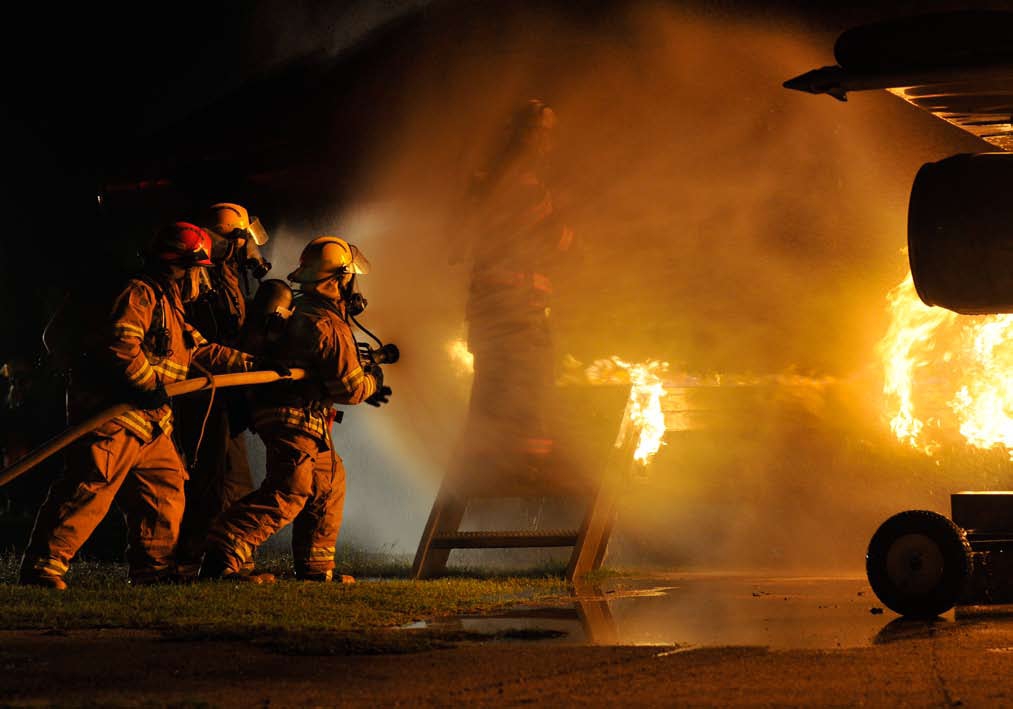
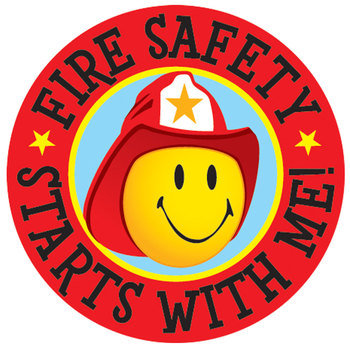
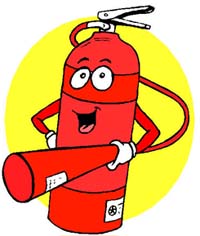
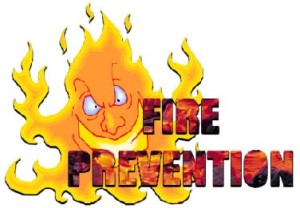
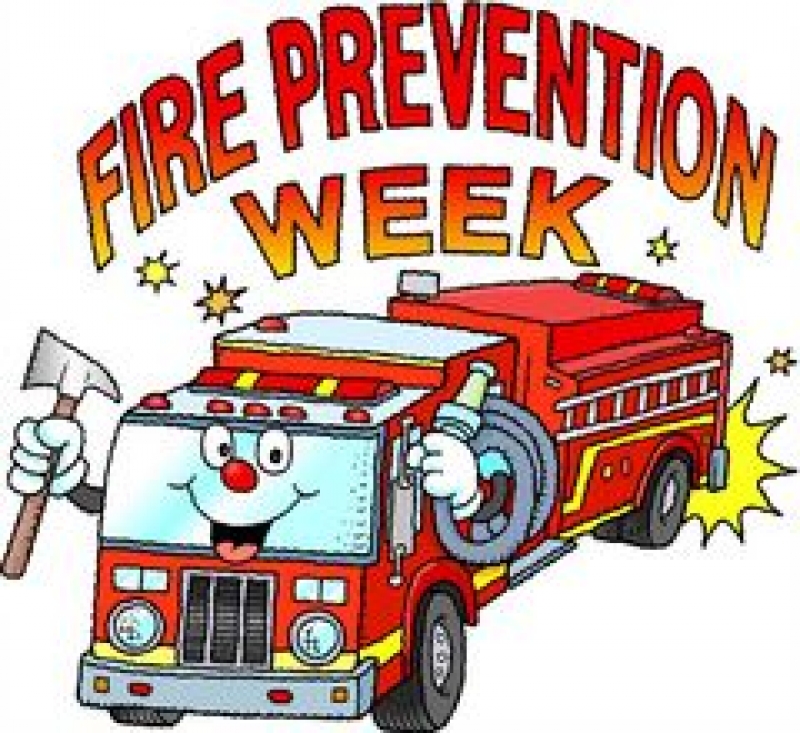
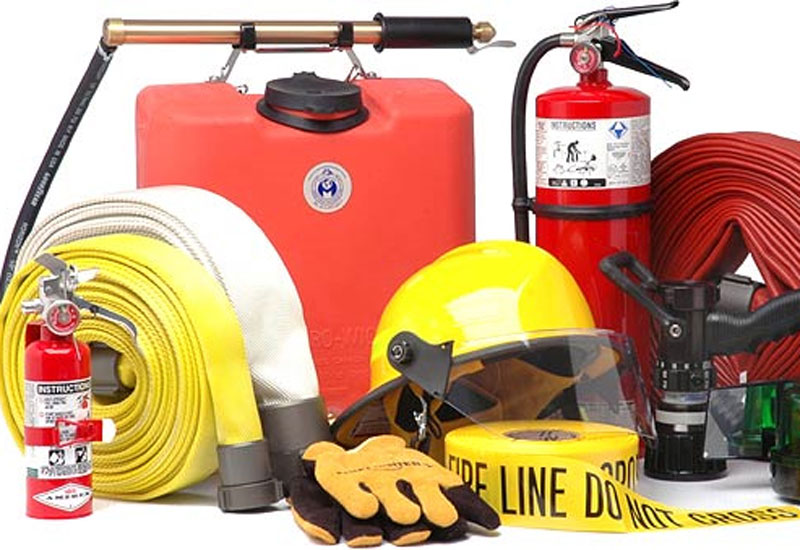
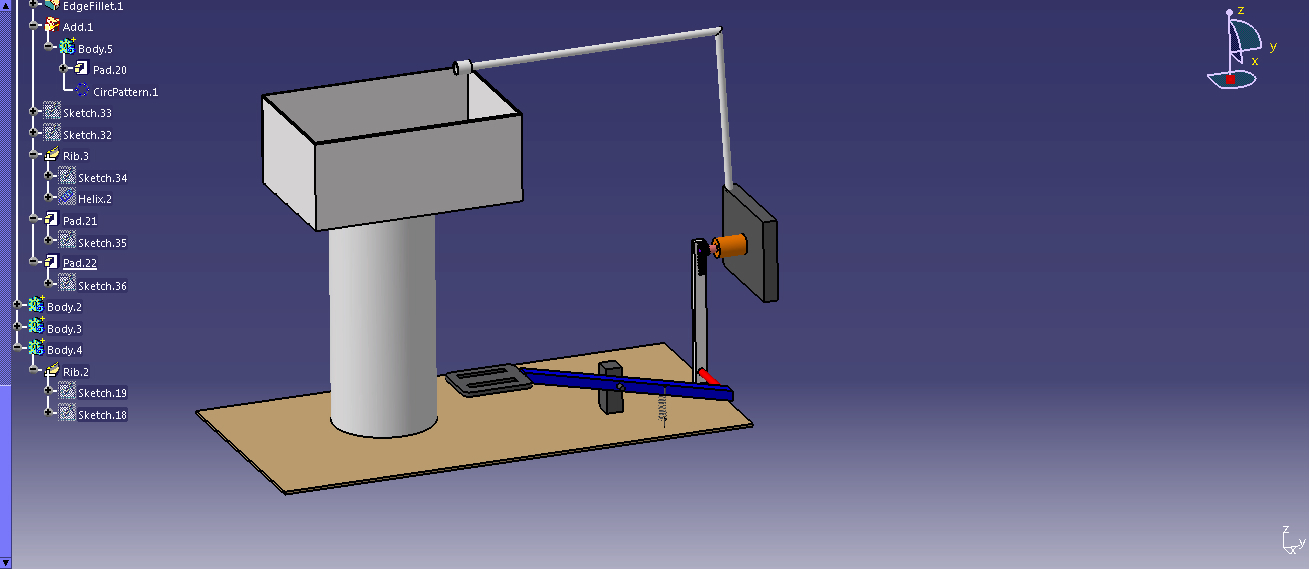






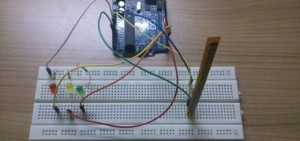
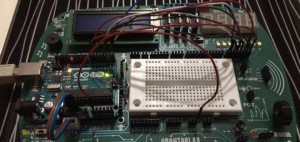
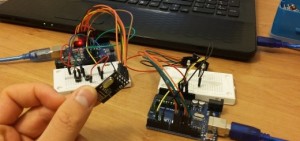
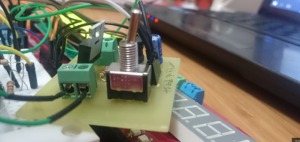
Post Comment
You must be logged in to post a comment.